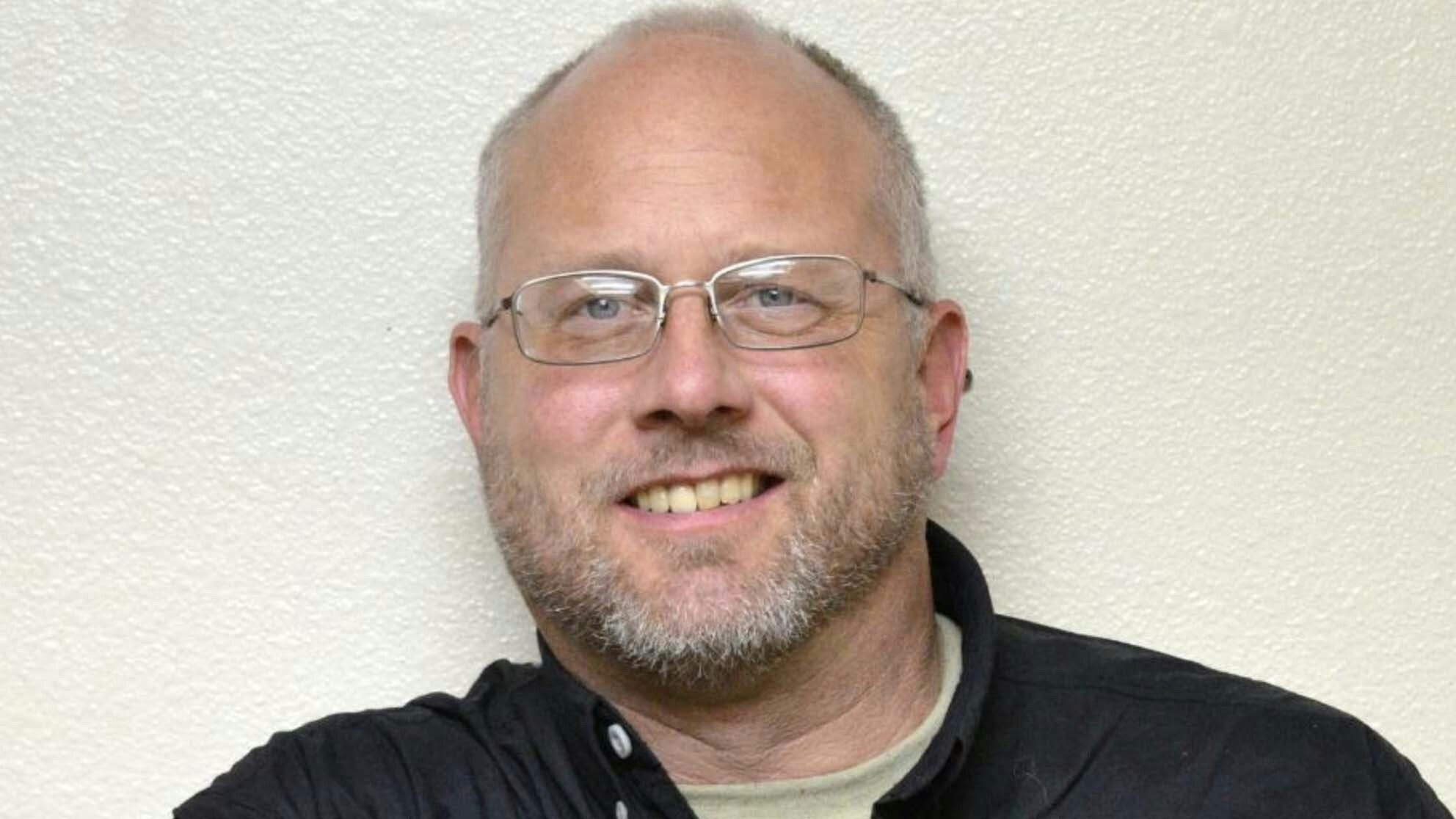Politics is ugly. That is the conventional wisdom. Campaign season provides ample proof. Angry rhetoric, underhanded tricks, unfair allegations, and schemes to skew election results all contribute to the widespread notion that the ugliness of politics is natural, inevitable, and unremarkable.
Those who believe that ugliness is in the nature of the beast will react in predictable ways. Decent people are repulsed by ugliness. So, when facing the choice between participating in the obscenities or tuning it out altogether, who can blame them for disengaging?
Similarly, believers may conclude that political activity is of the devil and should be avoided like sin. Some church goers treat voter apathy as a virtue, and cynics actively play on this misunderstanding to suppress the vote of the religious right. The threat of being called a “Christian Nationalist” causes too many religious people to self-censor and ignore obvious insults to their core beliefs.
But politics, per se, is not of the devil. God institutes governments. They are not merely man-made institutions of secular power. They are “ordained of God” (Romans 13:1). For that reason, participation in government is a holy thing. Religious leaders do well to remind their congregants that the performance of their God-given civic duty is not a necessary evil, but a divine calling.
Restoring this proper attitude toward politics is the first step in lifting political discourse out of the muck and mire. Partisan harping against the transgressions of others merely adds to the mudslinging. Removing the speck from your brother’s eye should not be a campaign strategy.
Rather than scoring each and every offense in an effort to determine who is the greater sinner, let’s lift our eyes to the heavens. Fill your eyes with the vision of what ought to be, and the sheer beauty will draw you out of the mudhole and into nobler and greener pastures.
The nobility of politics starts with God. “God sets the solitary in families” (Psalm 68:6). It is He who both created us for peace and created us to live in community. Politics is not about the acquisition of power for personal gain and the defeat of other people. It is about the responsible exercise of God’s power for the sake of all the people.
Such a solemn responsibility must begin with the deepest humility. Aspirants to government office are well advised to begin with repentance and prayer. Anyone who believes that he or she has a right to rule others is thereby disqualified.
Stump speeches often conclude with the words, “I humbly ask for your vote.” Those words are a noble vestige of godly politics. And only those are qualified who speak these words from the bottom of their heart. Voters have a responsibility to judge candidates on this basis.
The vote is a sacred trust that relatively few citizens in the history of the world have ever been granted. But God, in His wisdom, has given us a vote. Therefore, your vote is not a joke to be cast frivolously. It is a duty laid upon you by God, and it comes with a personal responsibility to cast it wisely.
Every vote cast is an exercise of government power—just as much as when elected legislators cast a vote on the assembly floor. And just as they are accountable for their actions to God and the citizens of Wyoming, so you are accountable to God and your neighbors for how you cast your vote.
All government power—from a citizen’s vote to a president’s signature—is a stewardship from God. It should be exercised with God’s purposes in mind. God has established governments among men “to punish those who do evil and to praise those who do good” (1 Peter 2:14).
It is your solemn responsibility, first of all, to know the difference between good and evil. Without this fundamental truth, neither voter nor office holder can carry out his or her responsibility. Judging by a clear understanding of good and evil, voters are called by God to judge among candidates. Evaluating their wisdom, justice, courage, and temperance, voters must judge who is best equipped to carry out the God-given functions of government.
Every voter who understands that the vote is such a sacred trust will demand candidates who not only promise the moon, but who transparently open their lives and political record to careful examination. This is the noble pursuit that can cleanse politics of its ugliness and restore the beauty of a godly people.
Jonathan Lange is a Lutheran Church—Missouri Synod pastor in Evanston and Kemmerer and serves the Wyoming Pastors Network. Follow his blog at https://jonathanlange.substack.com/. Email: JLange64@protonmail.com.





